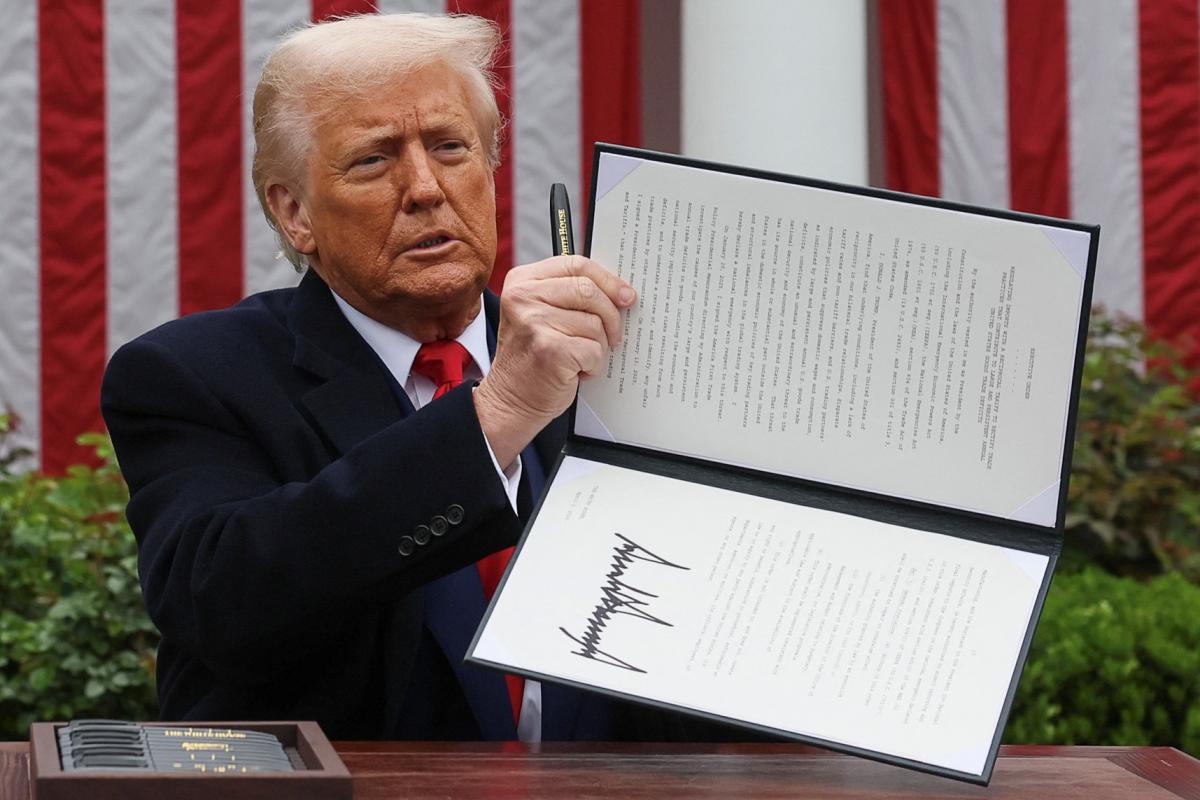House prices are likely to remain broadly flat for the next five years, Infometrics chief economist Brad Olsen says, and New Zealanders may need to come terms with not being able to “bet the house on” strong capital gains.
He told a Financial Services Council event on Tuesday that there could be “ups and downs” in price movements but overall prices were likely to go sideways or slightly lift over the coming years.
“Slightly up is an important shift from previously when it was solidly up all the time.
“I think we’re becoming a little bit more accustomed to the idea … people are looking at the housing market and going ‘it’s not fundamentally what it was a decade ago or even five years ago’.”
He said there was not necessarily more risk, but it was the case that the returns were unlikely to be as strong as they were in the past “when there did seem to be virtually guaranteed returns”.
“You can’t bet the house on it any more when you could before and people did.
“Money was so focused on housing. There’s still a lot of it focused on housing but the idea ‘oh well I’ll speculate on the housing market and make serious bank [money] quite quickly’ … I don’t know many speculators at the moment are going ‘I’m about to make some big money’. Anyone who’s doing that has probably lost money by now.”
It could mean some affordability returned and more people were able to get into the property market, he said.
It would be interesting to see forecasters and other commentators fully incorporate the government’s planned changed into their models, he said.
“When you start to get that much fuller and stronger expectation that government changes are going to free up land supply and increase investment – when that plays through to forecasts you shouldn’t really have increasing house prices to same the degree.
“You should have them sideways or even down in the short term. In a sense I’m also hopeful we’ll see Treasury forecast something like that. It would be a momentous occasion.”
Younger Kiwis less interested in investment property
Dean Anderson, founder of Kernel Wealth, said the younger generation seemed much less interested in investment property.
“The attraction and appeal of investment properties and the returns are not there like they used to be. That’s a good thing. It’s healthy for New Zealand to wean itself off. We need to become more productive and invest in businesses, capital markets… hopefully we’re breaking the dependency on buying a property.”
Kelvin Davidson, chief property economist at research firm CoreLogic, said it was not hard to imagine the period ahead could be more subdued, given affordability remained stretched, debt-to-income ratios were likely to limit house price growth in line with incomes and the government was moving to increase supply.
“And that’s before you consider any possible property tax changes down the track, as well as the fact that lower interest rates can’t have the same impact as they’ve had in the past – you can only have a big downwards trend from 20 percent-plus once.
“We’ve already had our step-shift in household incomes too, in terms of going from maybe one earner to two. In terms of the actual numbers though, we don’t really have anything concrete on that. As a rough guide, if historical growth rates have been 6 or 7 percent per year, then maybe over the next few years the average is closer to 4 percent or 5 percent or similar.
“So I’m not sure prices will technically go sideways – there’ll be some nominal growth but any upturn might still be slow, and real house prices may not change all that much.”
Westpac chief economist Kelly Eckhold said it was likely that house prices would keep pace with incomes, which would mean price growth about 5 percent.
“The large fall in interest rates seen in the last six months should see house prices rise above that longer term average in the next year or so. “














